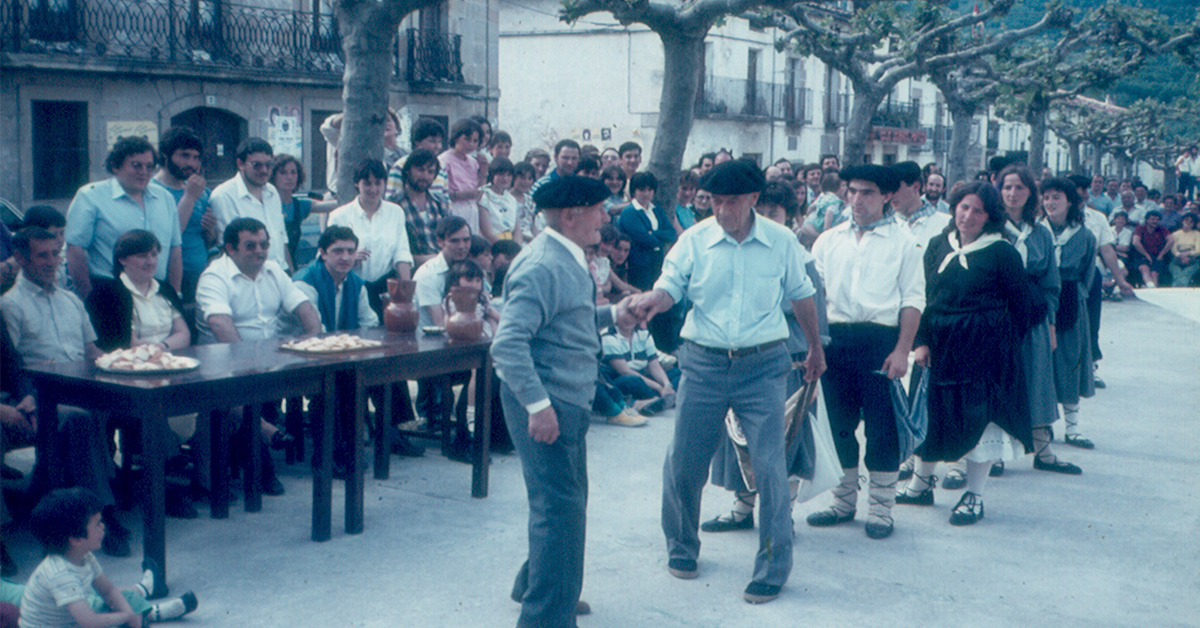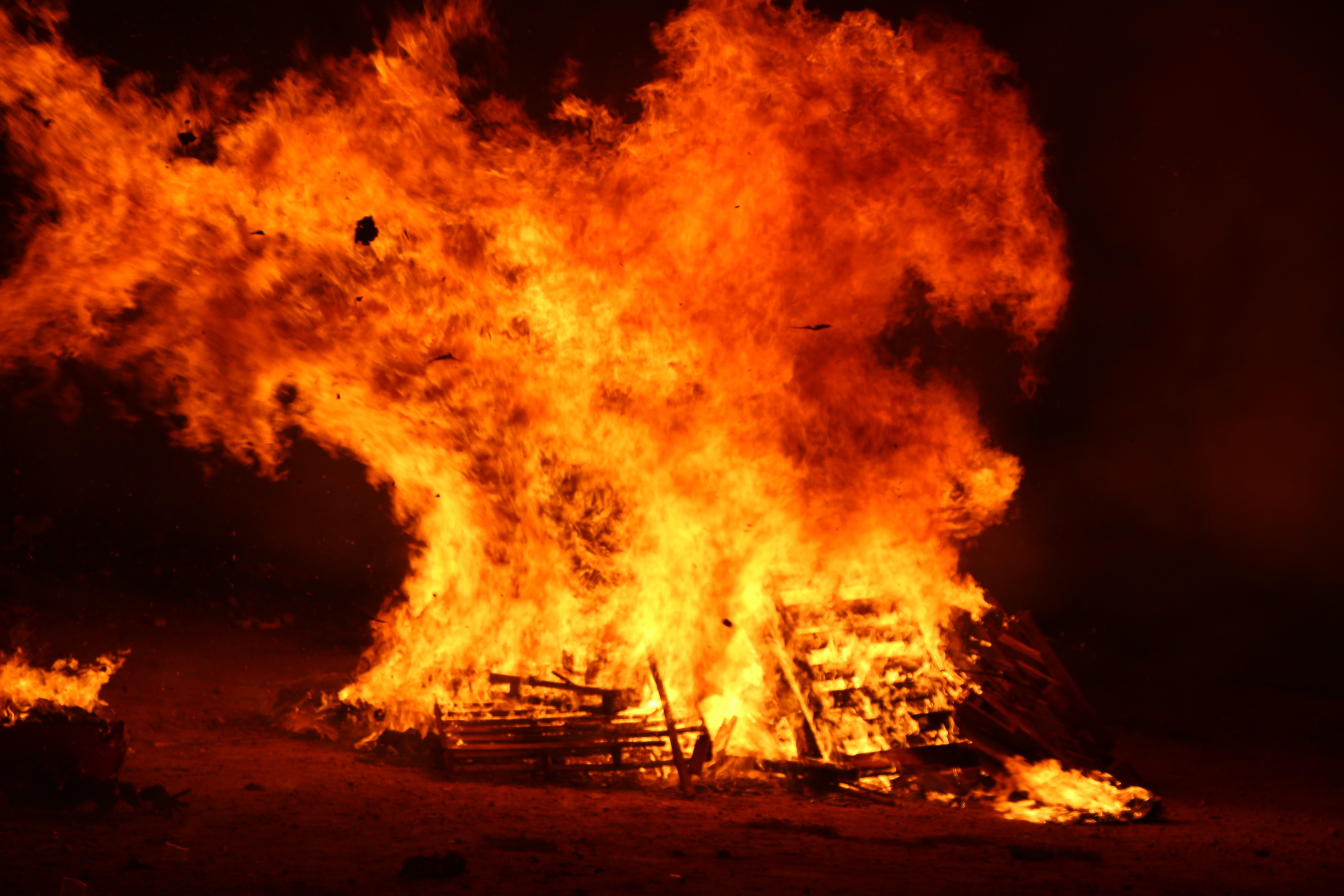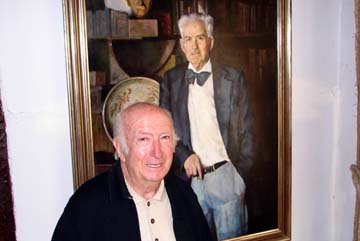Archives
Any research into the traditional culture using the methodological groundwork of social and humanistic disciplines pivots on data sources (written, images, observations and oral information). Obviously, oral data need people and their testimony, whose stubborn regularity allows the researcher to use complex qualitative analysis to reach scholarly conclusions. Invaluable collective scholarly knowledge that can address such a wide range of areas as festive celebrations, dances, music, singing, musical instrument, apparel, culinary heritage, rituals, trades or work, etc.
I would like to make a reflection and express a point of criticism regarding the stubbornness of some ethnographers to develop complicated interpretations and mythological studies about the origin and meaning of certain festivals and customs. They make assertions that go against all logic and common sense. Refusing to see reality as it is, ancestral origins and esoteric meanings are claimed. They construct picturesque, fictitious and fantastic theories and hypotheses that can only be the result of a lack of good sense and an unreasonable use of works such as The golden bough: a study in magic and religion by J. G. Frazer or Fiestas populares e insólitas [Extraordinary popular celebrations] by Juan G. Atienza. (more…)





